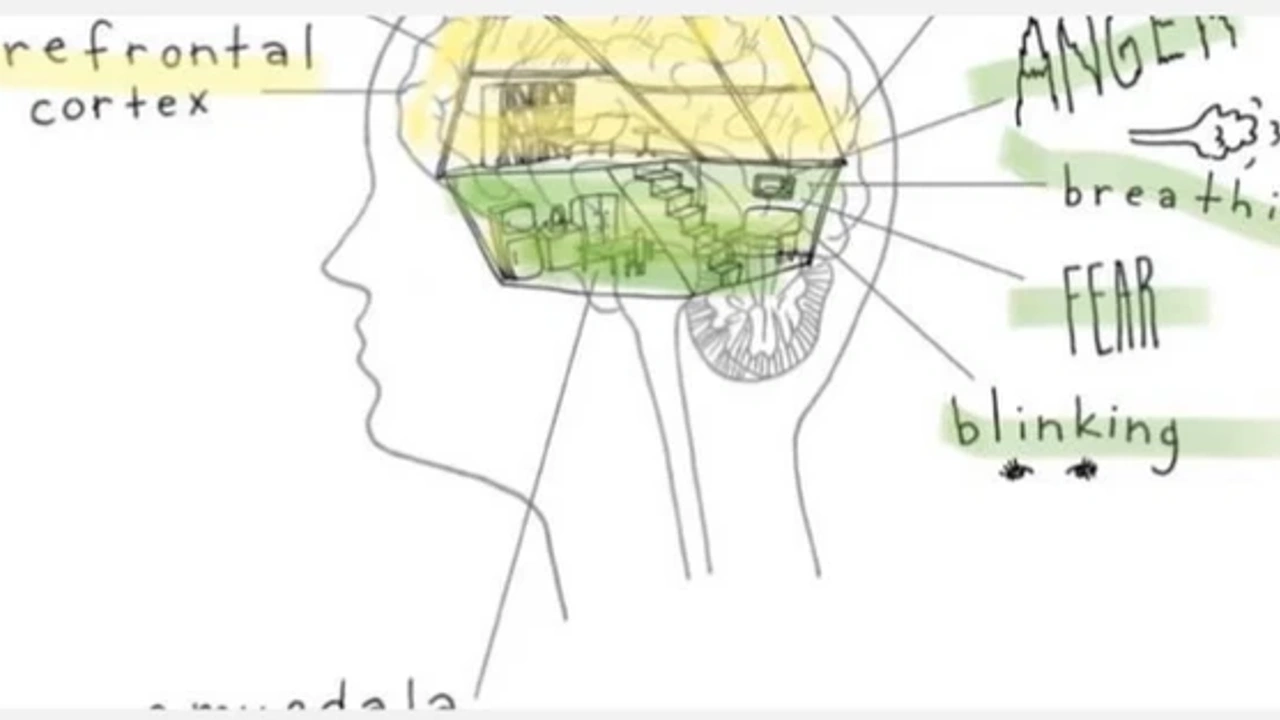All About Your Feisty Toddler!
Jul 02, 2022
Why is my two/three-year-old going nuts? She was such a “good” kid before but now.. she does crazy things like hitting friends and cousins, throwing things when things don’t go her way, has huge tantrums, is being “badtameez” (disrespectful) and won’t listen to me for anything!!! What should I do?
Ah yes. The spirited 3-year-olds who’s brain has just finished undergoing MAJOR changes. (Look up synaptic pruning) It’s like she’s no longer a baby but her own person and she’s flexing those independence muscles!
“Aray! Main aik mukamal insaan hoon? Mama baba sai alag? Main kia kia kar sakti hoon apnay is naye naye damagh sai- zara check tou karoon!” (I’m a separate human being from my parents? Wow! Let me figure out exactly what I can and can’t do with this awesome new brain of mine!”)
In other words.. yay that your child’s brain is ON TRACK and growing!!!
But your life has become difficult! What should YOU do so you don’t go nuts?
Here’s your toolbox for supporting your spirited and joyful 3-year-old!
I’m calling it SAYV (Save?)
1- S for Science: Understand the logic behind why they’re doing what they’re doing and that it’s normal because their “upstairs brain” (prefrontal cortex- yellow in the picture) is not developed yet and most of their thinking is happening from their “downstairs” brain (amygdala- green in the picture) which is where the autonomous nervous system is (remember that from 10th class bio?! It’s the “automatic” part of our brain that we can’t control- see picture).
2- A for Accept that these early years are hard and YOU have to be the adult and you will be the one stopping unsafe behaviors. Don’t expect them to just listen to your directions- they literally don’t have the impulse control required to stop. Instead of yelling instructions from across the room, go to them and HELP them maintain safe boundaries.
3- Y for Yes-space Create a space for them that’s just theirs like a #yesspace where they can do whatever they want (within reason). Keep this space simple, not overwhelmingly filled with toys and most of the things can even be everyday household items that kids like to play with!
4- V for #Validation: Listen to their concerns and validate them- don’t just dismiss everything they want and need. Even if they can’t have what they’re asking, it’s ok to empathize with their wishes.
For example, “You really wanted to go inside McDonald’s.. you’re so disappointed we can’t go inside today...” (there are NO ‘buts’ in validation- just reflecting their struggle kindly)
I promise you, it gets better! This is your first real test of accepting that you don’t ACTUALLY have any control over your kids. That your best bet is to work WITH them and develop a mutually respectful and loving relationship.
Can you FORCE them to bend to your will? Sure. By breaking their spirit and extinguishing their self-confidence. But even then, one day this forced control will turn your relationship into a snowball of lies, rebellion, resentment and distances.
Instead, put in the hard work NOW. When kids feel heard, loved and respected, they also LISTEN. As they get older, there’s less and less for you to do. It’s magical. And you get to enjoy a beautiful relationship with them for decades to come.
Picture: From Dr. Daniel Siegel’s book “The Yes Brain”.
